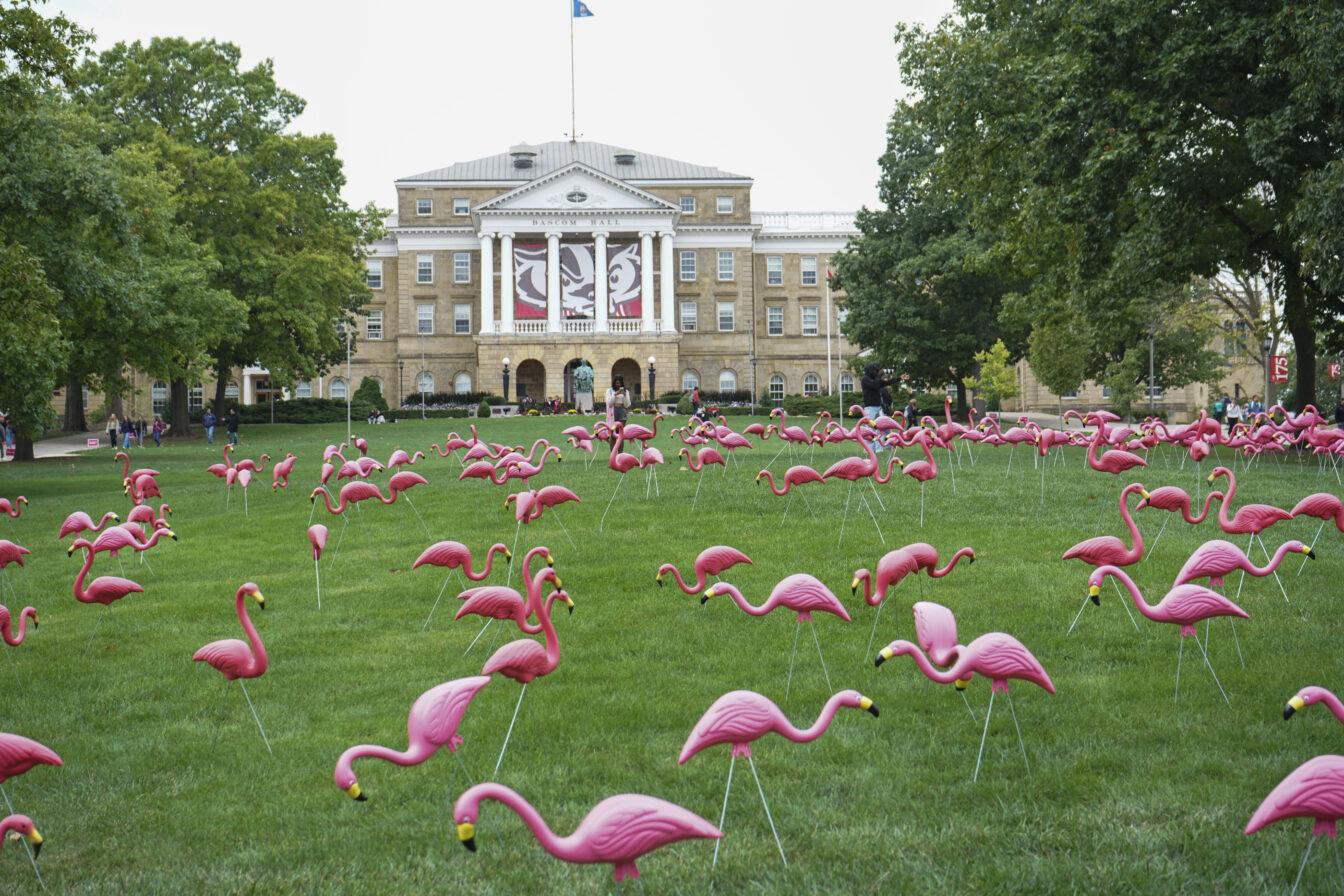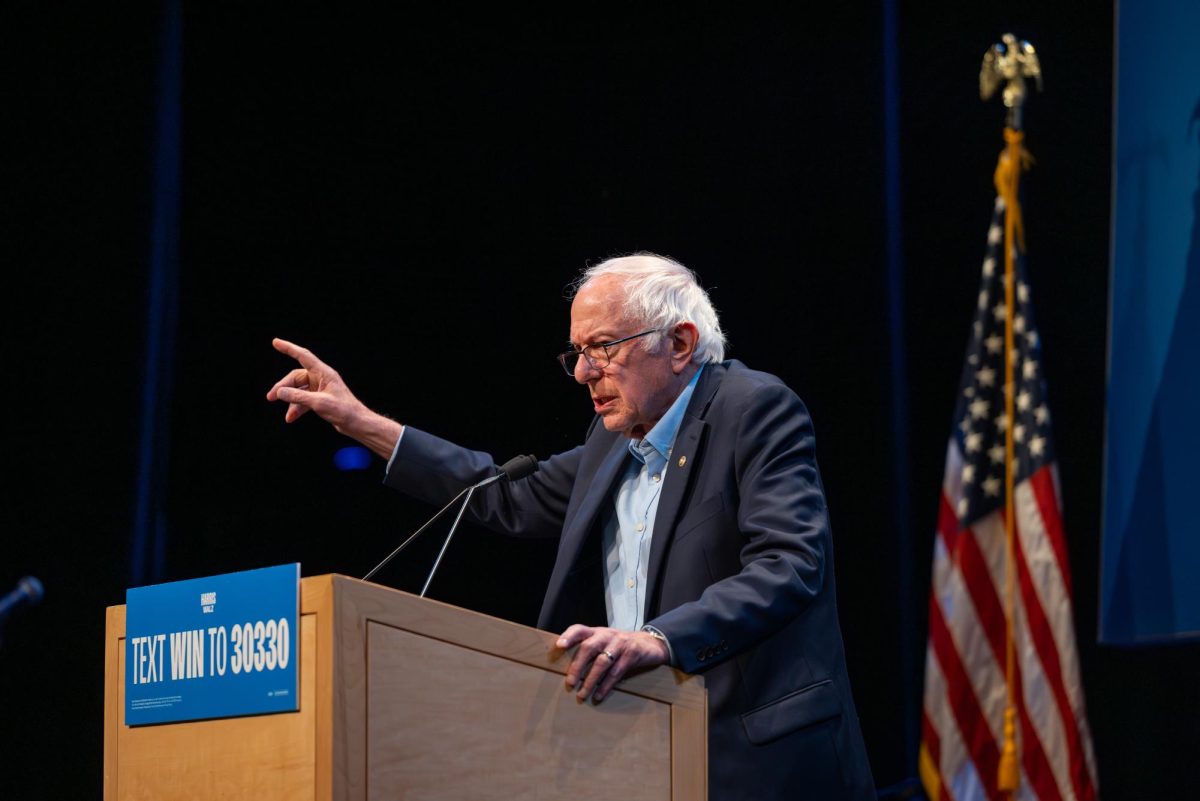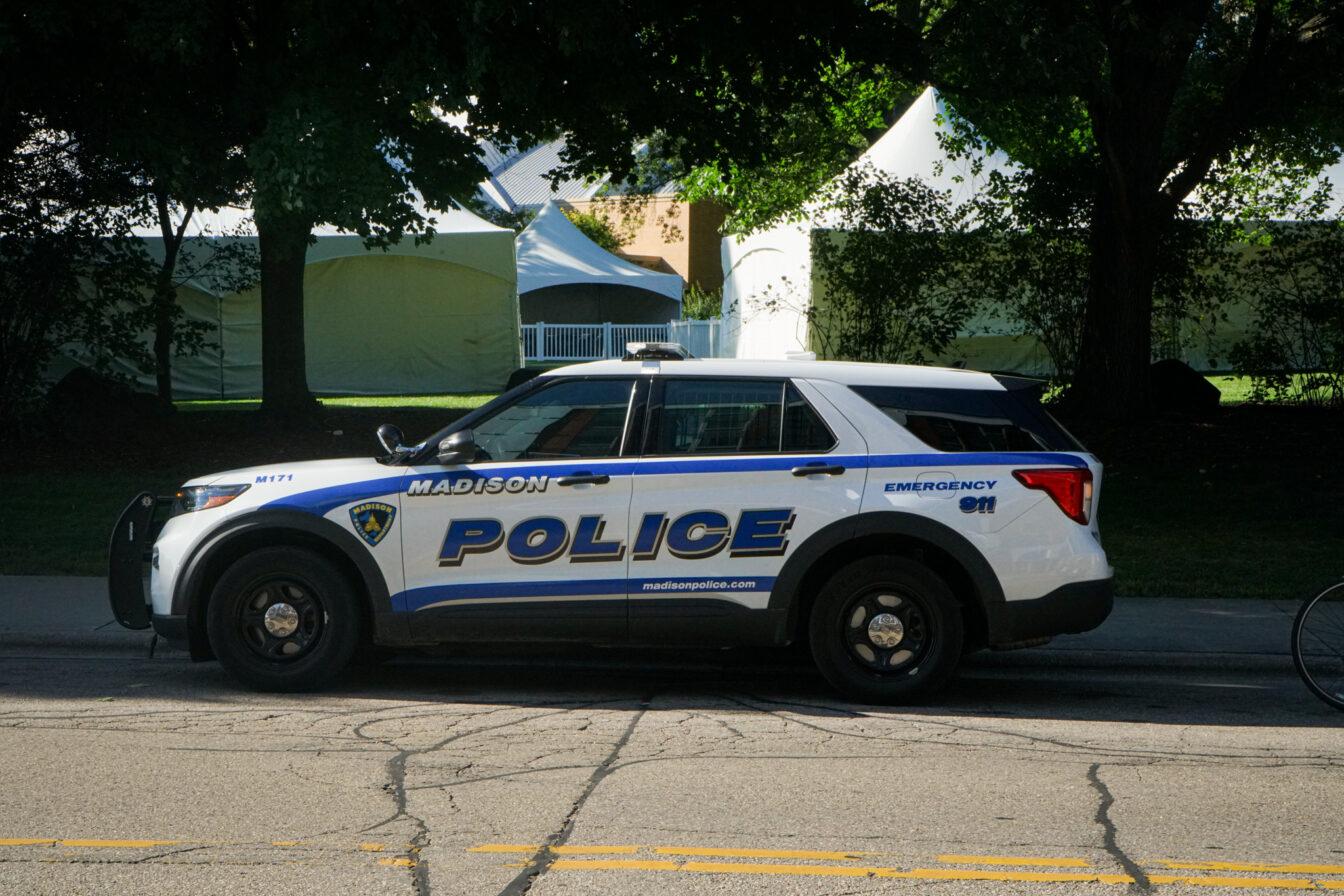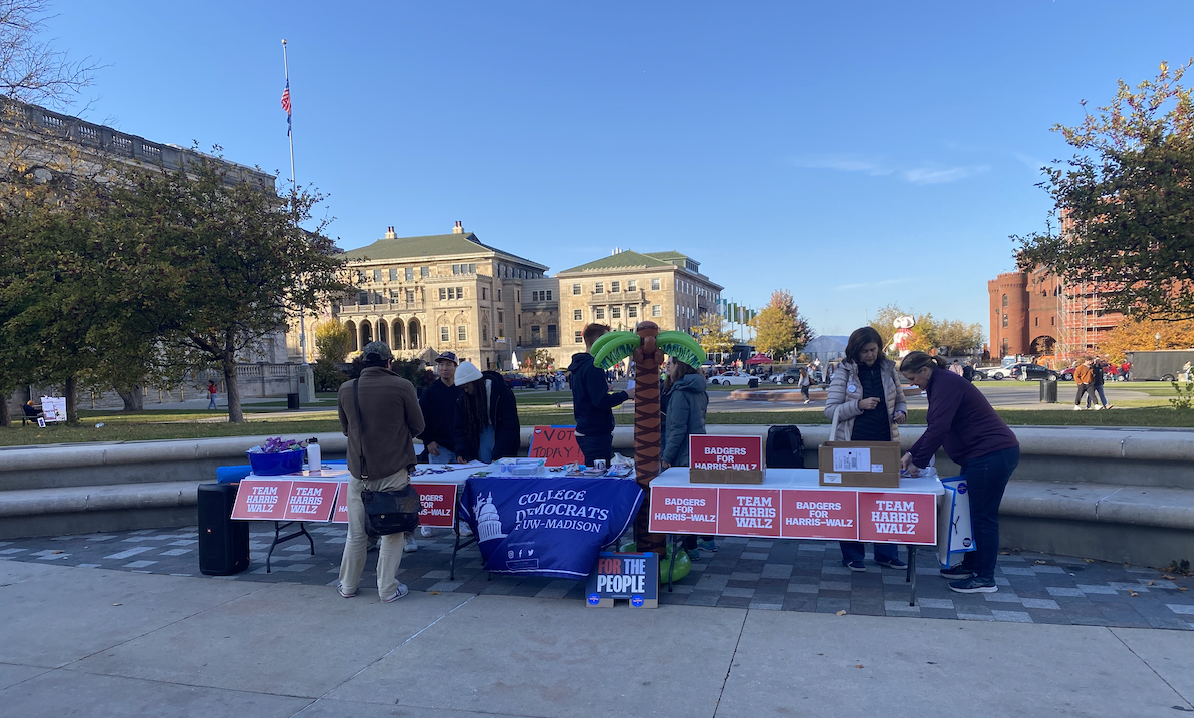UW-Madison will extend Union South and the Memorial Union’s hours to match bar time this fall, provoking mixed reactions from Alcohol License Review Committee members, the Tavern League and downtown bar owners.
In a recent report, the League reported the only way bars can compete with the Memorial Union Terrace for student patronage is to lower their drink prices. It also said the university is undermining their stated objectives regarding binge-drinking.
The report refers to Chancellor John Wiley’s recent backing of a city proposal to restrict drink specials in downtown bars.
“The city needs to take a serious look at the fact that just as the university plans to expand their own alcohol service they are demanding the private-sector taverns place limitations on their alcohol sales,” reads the report. “This is a serious conflict of interest that calls into question the university’s motives and objectives.”
Wiley said that in prior meetings with the Tavern League the group blamed the Union’s early closing hours for creating a surge of intoxicated students on State Street, leading to patron problems.
Wisconsin Union Directorate President Andrew Wallmeyer also said the Tavern League previously criticized the Union’s early closing times.
“Whether the Union closes early or late, it doesn’t seem to matter, and the Tavern League will have a problem with it,” Wallmeyer said.
Kent Palmer, a member of the city’s liquor license group who has been at the forefront of the movement to limit drink specials, said he was critical of the university for extending the Memorial Union’s hours and serving alcohol until close, while simultaneously pushing for city drink special restrictions.
“It is disingenuous, and I am drafting a letter to the chancellor requesting not to extend the union hours,” Palmer said.
Fellow committee member Tom Garver said the announcement blindsided the committee, but the university unions are not under the ALRC’s jurisdiction.
“I think the university may have stubbed its toe by not thinking through what this might do to their credibility,” Garver said. “I am not concerned, but I want to know more about it.”
Wiley said he supports later union hours because the idea was proposed by students and because the unions are well-managed.
“We have had no problems with alcohol service,” Wiley said. “If all of Madison’s alcohol venues were managed as responsibly as the union, there would be no problems downtown with drinking.”
Union Director Mark Guthier said the Wisconsin Union Directorate proposed the extension after looking for alternative late-night activities for students of all ages.
The group’s president, Wallmeyer, said because the unions provide programming and entertainment; drinking is not the main focus and students would be less likely to drink excessively.
“It’s important to never lose sight of the big picture,” he said. “Students say they drink because there’s nothing else to do, and the unions are well-managed, mixed-use facilities with lots of programming where they can choose to drink or not.”
The Robert Wood Johnson project, through funding from the American Medical Association and UW, has been studying binge-drinking and city drink specials. Coordinator Susan Crowley said the union would provide a good environment for late-night alternatives.
“The unions are much more than a beverage service,” Crowley said. “If students asked for this, we are supporting it just as we’re supporting taverns who have all-age nights.”
Ross Johnson, owner of State Street Brats, 603 State St., said Memorial Union enjoys advantages the downtown bars do not have, including a large capacity, the requirement of only one staff member on duty with bartender training and probable sales-tax exemptions as a state-owned agency.
“They have the nicest venue in the city of Madison, and for those of us who are property-tax-paying businesses, this is going to hurt our revenue,” Johnson said.
Union Food Service Director Julie Vincent said the union does not have any tax exemptions pertaining to alcohol.
But Guthier said the unions are not staying open until 2 a.m. to make greater profits on alcohol sales.
“Our group staff determined staying open would not be cost-effective,” Guthier said. “We are expanding our hours at the request of students for safe alternatives to counter house parties and nothing more than that.”







